
Coinbase is the primary go-to for many users when it comes to investing in Bitcoin (BTC), Ethereum (ETH), Litecoin (LTC), Ripple (XRP), and more, due to its user-friendly interface. But before you join them, know that the ease of use comes with a price. Coinbase charges fees for each transaction, and your bank might even add charges on top of that. Plus, there is some fine print to be aware of.
Though its user agreement may be easy enough to understand through careful reading, the fees charged by Coinbase for transactions can be a little confusing. And then there are imposed limits to be aware of, as well as regulations and essential details that are not explained in the user agreement.
Understanding these fees, important terms, and hidden details is very important to minimize unpleasant surprises as you buy and sell digital cryptocurrencies. So, we decided to delve into it a little deeper to make it easier to grasp, so you know everything you need to know before opening a Coinbase account on your smartphone.
It's Available for Android & iPhones
By far, the biggest reason for Coinbase's rise to prominence is its accessibility. As one of a handful of bitcoin wallet apps that's available for both iOS and Android, Coinbase has high ratings from users of both platforms due to is reliability and intuitive interface. Coinbase is free to install, so give it a try if you hadn't already done so and see if this wallet is right for you.

It's important to note that the fees and other details listed below are for US-based transactions, which are subject to change at any time and may vary state by state.
You Can Trade 20+ Cryptocurrencies
Coinbase started as a Bitcoin-exclusive wallet and trading app, though it later expanded its platform to support Bitcoin Cash, Ethereum, and Litecoin. Fast forward to the present, and the service has opened its doors to more cryptocurrencies, so you can store, buy, and sell the following:
- Augur (REP)
- Basic Attention Token (BAT)
- Bitcoin (BTC)
- Bitcoin Cash (BCH)
- Bitcoin SV (BSV)
- Chainlink (LINK)
- Cosmos (ATOM)
- Dai (DAI)
- Dash (DASH)
- EOS (EOS)
- Ethereum (ETH)
- Ethereum Classic (ETC)
- Kyber Network (KNC)
- Litecoin (LTC)
- Orchid (OXT)
- Ox (ZRX)
- Ripple (XRP)
- Stellar Lumens (XLM)
- Tezos (XTZ)
- USD Coin (USDC)
- Zcash (ZEC)
Fees for Buying & Selling Cryptocurrencies
First, Coinbase uses spreads for all trading, so you're never really getting the full value when buying, selling, or trading your cryptocurrency. On top of that, it charges a small fee when buying and selling. It can be a fixed or variable cost, depending on the total amount and method of payment or deposit. If the variable rate is higher, Coinbase will use that instead of the flat fee.
1. Spread Fees
Before any in-your-face fees are added, you'll take a spread between currencies — both fiat and digital — when you buy and sell. In a nutshell, the spread is the difference between the bid and asking price that needs to be paid when making a market order to fill the transaction instantly.
The service charges a spread of around one-half percent, or 0.5%, for buying and selling. However, Coinbase also states that "the actual Spread may be higher or lower due to market fluctuations in the price of Digital Currencies on Coinbase Pro between the time we quote a price and the time when the order executes." (Coinbase Pro is Coinbase's trading platform.)
When you go to buy or sell or trade cryptocurrency, you'll see it listed as one price, but that price will jump by 0.5% when you get to the confirmation page. That's how the spread works. You might not even notice it if it's a subtle change in price, and it doesn't appear as a "fee" at all — it's all incorporated into the listing price during checkout.
For example, if you hit buy $200 worth of Bitcoin when it's trading at $5,000, you might see $5,025 as the trading price. So instead of getting 0.04 bitcoin, you'll be getting 0.039801 bitcoin.
When trading one digital currency into another one, that spread jumps up to 2%, but "the actual spread margin charged varies due to market fluctuations in the price of Digital Currencies on Coinbase Pro between the time we quote a price and the time when the order executes."
2. Flat Fees
For smaller purchases and sales, the app charges a flat fee on top of the spread. For buying, specifically, that's regardless of whether you're using USD stored in your wallet or a bank account, but a credit or debit card may be more since the variable fee can be higher. The flat costs for small transactions are:
- $0.99 for buying and selling at $10.00 and below
- $1.49 for buying and selling from $10.01 up to $25.00
- $1.99 for buying and selling from $25.01 up to $50.00
- $2.99 for buying and selling from $50.01 up to $200.00
The fixed fee of $2.99 also covers transactions up to $204 within Coinbase if you use either your USD wallet or bank account for buying cryptocurrency. There are no flat fees for digital currency conversions besides the spread.
3. Variable Fees
For small transactions, the flat rates above will be higher than the variables unless you use a debit or credit card to make a purchase. While not all buys with a debit or credit card will be higher than the flat fee, any over $78 will be, which also applies to any withdrawals or sells to a PayPal account (you can't purchase anything using PayPal).
- 1.49% when using a US bank account
- 1.49% when using a Coinbase US wallet
- 3.99% when using a debit or credit card
When using a US bank or Coinbase US wallet to buy, the 1.49% kicks in for purchases made over $204. In the screenshots below, you can see the difference in fees from buying using a bank account (left) and debit card (right). There are no variable fees for digital currency conversions besides the spread.




How Those Fees Apply When Buying
When buying one cryptocurrency found in Coinbase, the app charges you the flat or variable rate that's then deducted from the amount that you wish to purchase. Again, the spread is already incorporated into the price, so you won't see it as an actual "fee" when checking out.
For example, if you spend $100 to buy ether using your bank account, and the fee is $2.99, that fee will be included from that $100, so you'll only receive $97.01 worth of ether. So to receive exactly $100 worth of Ethereum, you'll have to add that fee on top of it and pay $102.99.
Whatever your end fee may be, Coinbase will show you the amount on the confirmation page before you commit to purchasing bitcoins, bitcoin cash, ether, or another supported digital currency, along with displaying the value in both USD and your target digital currency to give you a clearer picture.




How Those Fees Apply When Selling
If you decide to sell part or all your holdings on either bitcoin, bitcoin cash, ether, or another supported cryptocurrency, Coinbase will subtract the fees from the amount you wish to sell to arrive at the total.
For example, if you decide to sell $49 worth of Bitcoin SV to add to your USD wallet, and the fee is $1.99, your total will actually be $47.01. The full $49 worth of Bitcoin SV will be subtracted from its wallet in your Coinbase account, and $47.01 will be credited to the account of your choosing. If you wanted to sell exactly $49 worth of Bitcoin SV, you'd need to input $50.99 instead to account for the fee.




As when purchasing, Coinbase will show you all fees on the confirmation page so you can adjust accordingly before committing.
Other Fees for Buying & Selling
In addition to fees by Coinbase, it's very important that you check with your bank, as it may tack on additional fees on top of what Coinbase is charging. For instance, some users report being charged with a 3% foreign transaction fee for trades made using a debit or credit card, which is a standard fee for international conversions.

If you see "international" charge notification, you may get a fee from your bank.
As it turns out, Coinbase has been known to use a London-based company to process debit and credit card-based transactions. Though these reports are sporadic and don't seem to affect everybody, it's still worth double-checking with your bank with regards to international fees to minimize headaches.
Fees for Staking
For some digital currencies, you have the option of using a third party staking service provided by Coinbase to use your holdings to help operate its respective blockchain network, and you'll be rewarded for your contribution. If you opt to stake your tezos holdings, for example, you'll earn an annual reward of around 5% for contributions made.
Just note that once you opt in, your first reward won't appear in your wallet until 35–40 days after you're initial purchase or transfer. After that, rewards will come in every three to six days. Most importantly, Coinbase deducts a 25% commission off your rewards for using its staking service before they're sent to your wallet. So if your reward came up to one tezo, Coinbase will keep 0.25 tezos for itself and send 0.75 tezos to your wallet.

Length of Time Before Funds Are Available
Depending on which method you use to buy and sell bitcoins, litecoins, ether, and other cryptocurrencies, transaction times can vary from near-instantaneous to a couple of days. Whatever method you use for buying and selling, you lock in the rate at which the digital currency is going for — even if it triples in value or gets cheaper minutes after making a purchase or sale.
Buying digital currencies using your bank account used to take up to one week to complete, but Coinbase has since rolled out some changes to shorten the time frame. Now, any cryptocurrency you buy using a bank account will usually post instantly on your wallet as long as you've verified your identity. While you're free to buy and sell digital currencies within the app, you won't be able to take funds out of Coinbase until your initial payment clears.
For instant transactions with fees comparable to buying and selling using your bank account, you can use cash from your USD wallet to purchase supported cryptocurrencies or deposit sales proceeds directly into it. You also have the option to deposit USD from your bank account straight into your USD wallet free of any fees, though this can take up to five business days to complete.
If you don't mind the higher fees, you can use either a debit or credit card to purchase digital currencies and/or deposit your proceeds into your PayPal account. These transactions are executed almost instantly, so if you need some ether in a hurry but have no funds in your USD wallet, it's the only route to go — just be ready to eat a hefty 4% fee for purchases and deposits over $78.
Maximum Spending Limits
Coinbase places limits on how much you can purchase and sell every week. Coinbase increases spending limits based on the length of time and volume of trading you've done, along with identity verification, such as providing your phone number, personal details, and a government ID.
For instance, if you've used Coinbase for at least three years and have your identity fully verified, but only trade sporadically in small amounts, it's not unreasonable to have weekly transaction limits of $50,000 combined for all of the wallets you have within Coinbase, $10,000 for bank accounts, and $3,000 for debit or credit cards.
Beyond those, spending limits imposed by Coinbase have also increased for users who've had their identities verified. The most significant change involves the weekly maximum limit of $25,000 for bank account transactions. The limit has now become a daily limit, giving heavy users of the platform a lot more access to buy and sell cryptocurrencies.
Beyond the increased daily limit on bank account transactions, users with a verified ID can also transfer money in and out of their Coinbase accounts via wire transfers of $250,000 per wire. For PayPal withdrawals, the service imposes a daily limit of $25,000.




If you haven't verified your identity with Coinbase, however, you can still further increase your weekly limits by adding in more bank accounts and credit or debit cards, especially if you plan on heavily investing in digital currencies. Doing so will increase your daily and weekly limits as your trading volume get higher.
Your weekly spending limits are fully refilled every seven days at a rate of 1/7 a day. So if you sold bitcoins at your maximum limit of $49,000, your limit would slowly refill by $7,000 each day for seven days until it's fully replenished.
These limits are only regarding Coinbase itself. Your bank may have more restrictions, so read the fine print in your banking contract or call your bank to find out what those limits are.
They Can Suspend Your Account for Shady Transactions
Unlike private cryptocurrency wallets that gives you total freedom to use your bitcoins or ether as you see fit, Coinbase has placed some limitations with regards to spending and receiving digital currencies. Under Section 6.4 of the user agreement, for example, Coinbase reserves the right to monitor your account and keep track of where you send and receive cryptocurrency to make sure you're not using it for purposes that fall under what's prohibited.
"Prohibited Use and Prohibited Business," which can be found under Appendix 1 of the user agreement, covers a wide array of activities and businesses, such as online abuse, gambling, high-risk businesses, illicit drugs, pornography, and pyramid schemes, to name a few. Violating this can result in the sudden suspension or termination of your Coinbase account.
While these prohibitions seem reasonable on the surface, It's still worrisome as it technically prohibits us from using our bitcoins on businesses Coinbase deems high risk. This is a slippery slope in and of itself since cryptocurrency exchanges can very well fall under this umbrella. So if you transfer bitcoins to an exchange site like Binance to purchase other less popular cryptocurrencies like monero, Coinbase can potentially suspend or terminate your account without notice and freeze any in-app assets you may have in the process.
You Are Responsible if Your Account Gets Hacked
Another disclosure worth noting is Section 6.9, which basically states that you are solely responsible for keeping your wallets and other vital information as secure as possible. This means using various measures such as strong passwords and two-factor authentication to keep thieves out.
Keeping your wallet as secure as possible can't be stressed enough because once your bitcoins, bitcoin cash, litecoins, or ether are gone, your chances of getting them back are almost impossible. To back this up, Coinbase's insurance policy won't cover any losses you suffer due to your account being hacked and compromised. That said, Coinbase does offer some protection with regards to your both your USD and cryptocurrency wallets.
Your Money Is Only Partly Insured
According to Coinbase, any cash that you have in your USD wallet is stored in a separate bank account. As such, your USD wallet is insured by the FDIC up to a maximum of $250,000 from theft, fraud, or if Coinbase closes up shop.
On the other hand, because digital currencies like bitcoin are neither considered legal tender nor backed by the government, protection by the FDIC doesn't extend to your cryptocurrency holdings. Coinbase, however, offers some protection against fraudulent activity and theft and fully insures all digital currency that's "stored online." So if Coinbase ever gets compromised as a whole, any bitcoin, bitcoin cash, litecoin, or ether you have that were stored online and stolen will be returned to you.
There is a massive catch to this: Coinbase only has less than 2% of customer funds stored online. This means that more than 98% of all the funds that it stores offline aren't protected from theft or fraud. So if anyone ever got into the company's offline storage and cleaned it out completely, any digital currency that you lost as a result will likely never be returned.
Coinbase Is Not Anonymous
Long before it gained mainstream popularity, bitcoin was widely regarded as the cybercriminal's currency of choice due to its security and supposed anonymity. In truth, however, bitcoins are nowhere near as anonymous as you'd think. According to Bitcoin.org:
All bitcoin transactions are stored publicly and permanently on the network, which means anyone can see the balance and transactions of any bitcoin address. However, the identity of the user behind an address remains unknown until information is revealed during a purchase or in other circumstances. This is one reason why bitcoin addresses should only be used once. Always remember that it is your responsibility to adopt good practices in order to protect your privacy.
Coinbase, with its requirement of identity verification, strips these layers of privacy even further, and firmly attaches your identity to your wallet addresses. So if you decide to buy illegal items such as drugs on the dark web using your Coinbase account, don't be surprised if you wake up one day and not only find your account and assets frozen, but also find federal authorities knocking on your door with a warrant.
The IRS Wants Its Fair Share
As it turns out, digital currencies like Litecoin and Ripple aren't actually money, at least in the eyes of the IRS. The tax agency considers cryptocurrency property, and it's subject to taxes that reflect its status.
As Coinbase explains, "tax rules that apply to property (but not real estate tax rules) transactions, like selling collectible coins or vintage cars that can appreciate in value, also apply to bitcoin, ethereum, and other cryptocurrencies." The company goes on to say that "failure to report income, including income from the sale of crypto, could result in interest on unpaid taxes and penalties."
Not surprisingly, the rules and regulations on taxing cryptocurrencies can be confusing, as some activities done inside Coinbase (or other exchanges) are subject to taxes while others are not. Some examples of taxable events are:
- Selling cryptocurrencies for cash
- Paying for goods and services using digital currency
- Converting a cryptocurrency into another (i.e., trading bitcoins for ethereum)
- Receiving virtual currency directly from mining
- Receiving cryptocurrency as payment for services rendered
- Receiving cryptocurrency via airdrop
- Receiving digital currency as a reward from staking or interest earned
Fortunately, there are some activities that IRS will not tax you on. Here are some examples:
- Donating virtual currency to a qualified tax-exempt charity or non-profit
- Buying cryptocurrency with cash and holding onto it
- Transferring digital currency between wallets
- Transferring cryptocurrencies from your wallet to your Coinbase account
- Transferring cryptocurrencies between Coinbase accounts
There's a lot more to what can and can't be taxed beyond the examples we've given above, however, so be sure to visit the Coinbase tax guide for more information. And just to be safe, we also recommend heading over to the IRS cryptocurrency FAQ page, IRS guidance sheet for 2019, and Publication 544 for official details regarding digital currency taxation.
Have Any Coinbase Questions?
As always, we welcome any thoughts or questions you may have about buying and selling cryptocurrencies on Coinbase. Just reach out in the comments section below.
This article was produced during Gadget Hacks' special coverage on smartphone privacy and security. Check out the whole Privacy and Security series.
Cover photo and screenshots by Amboy Manalo/Gadget Hacks





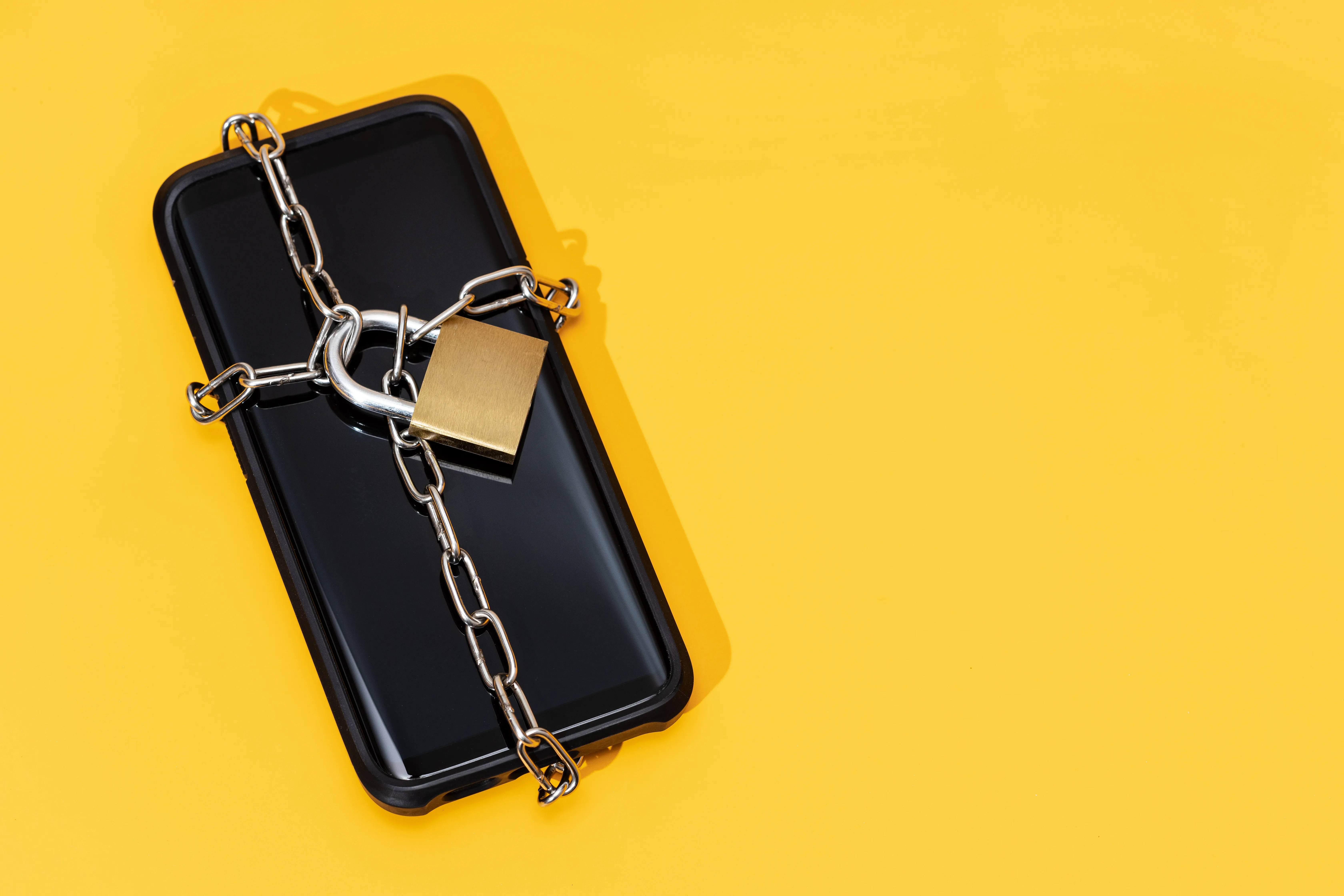


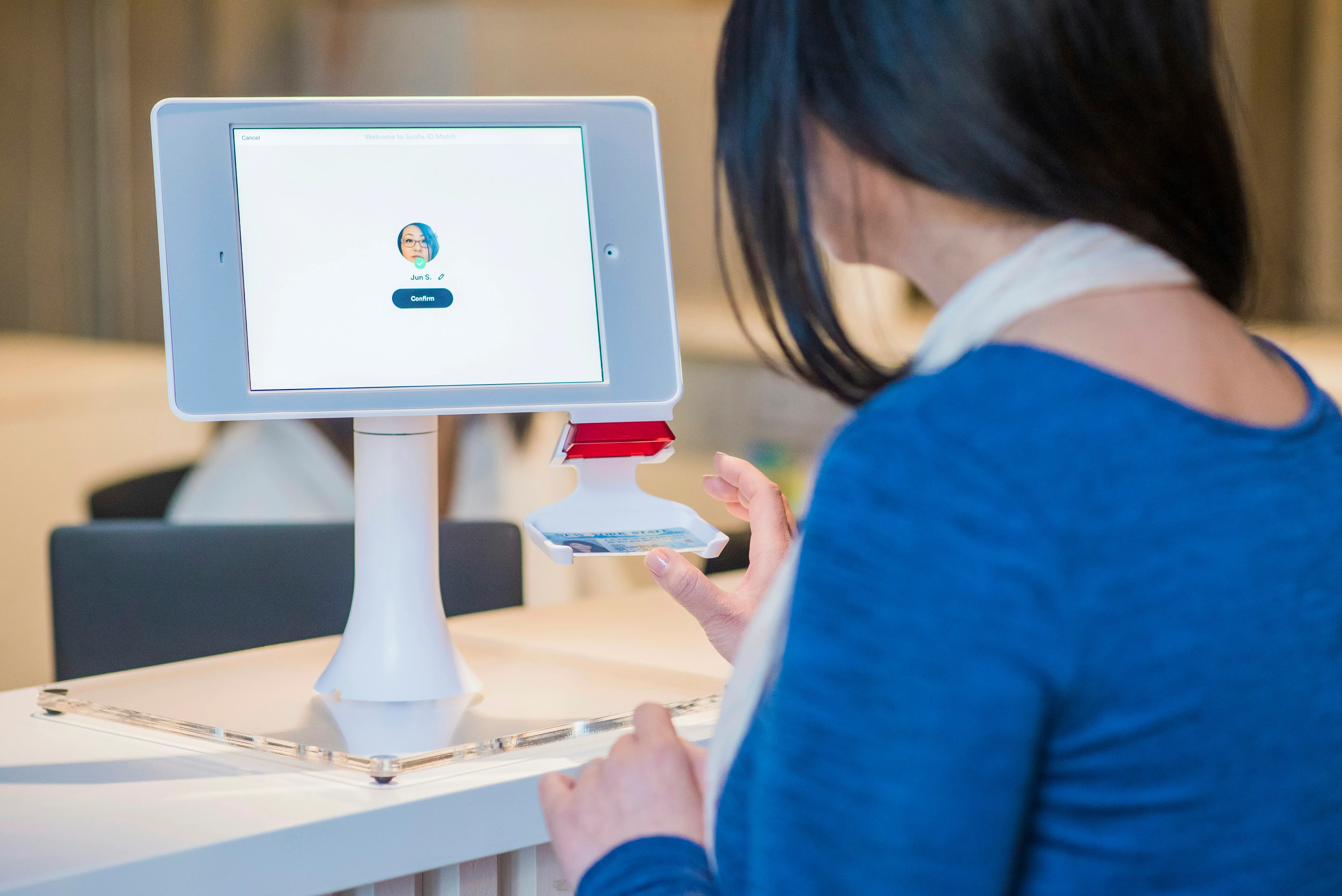
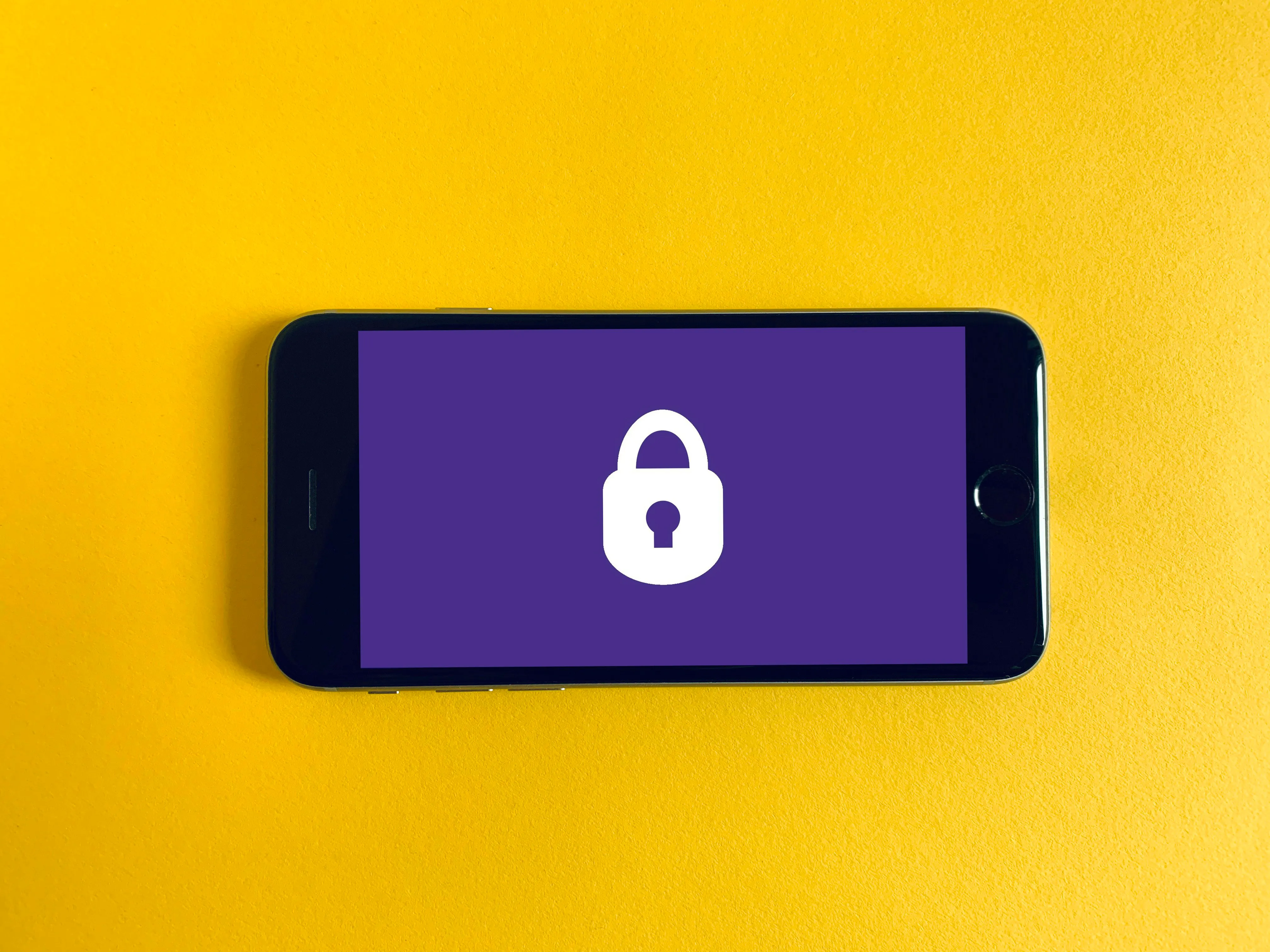





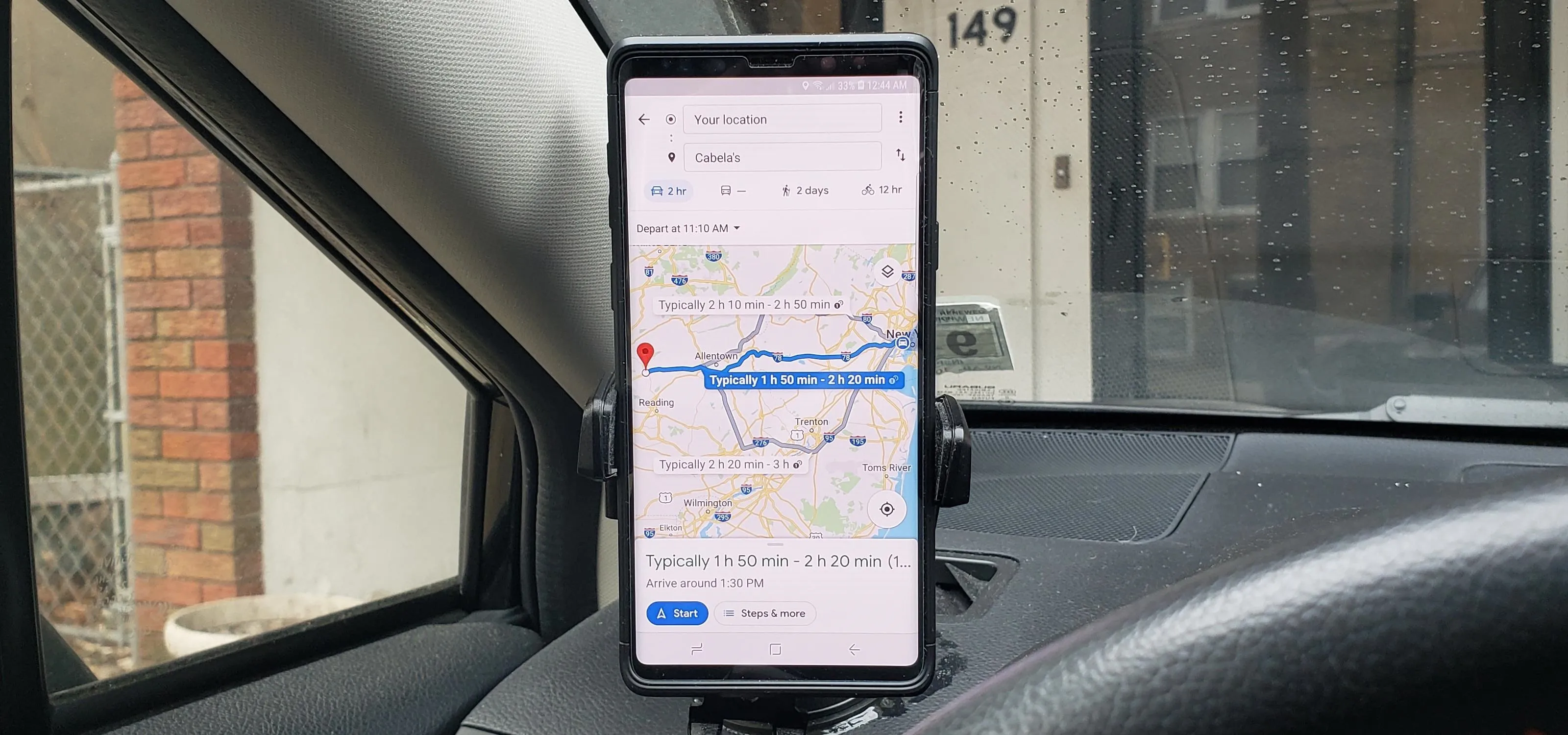


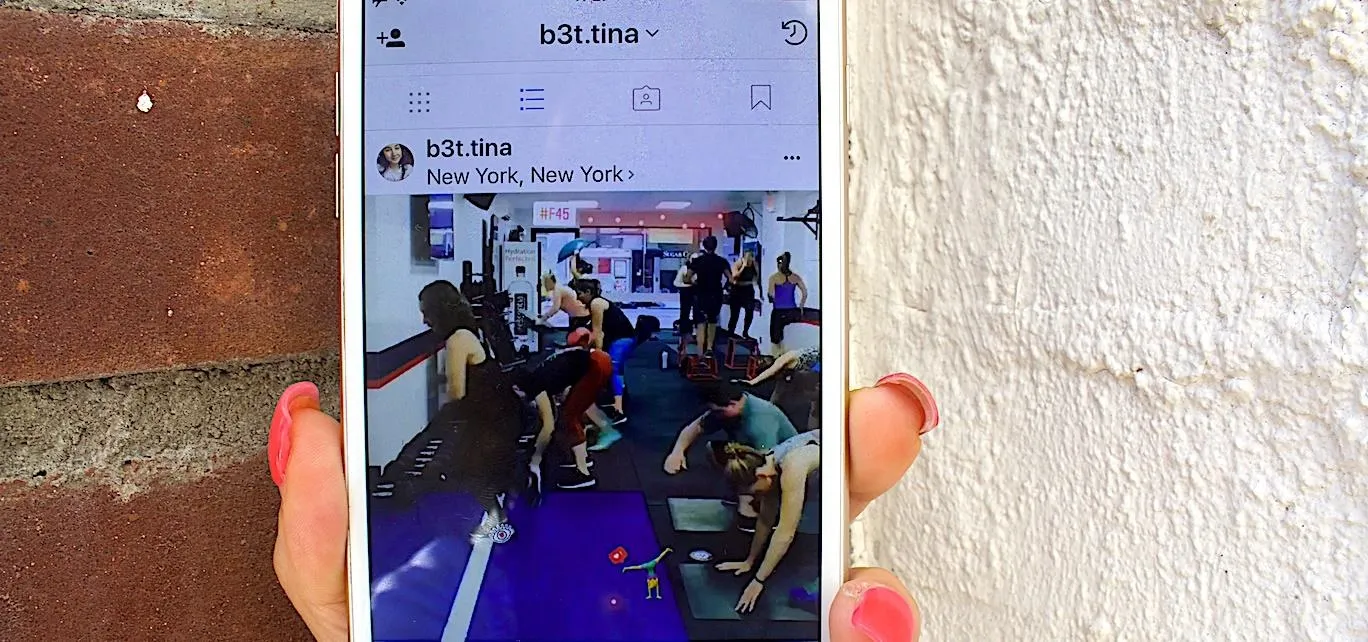

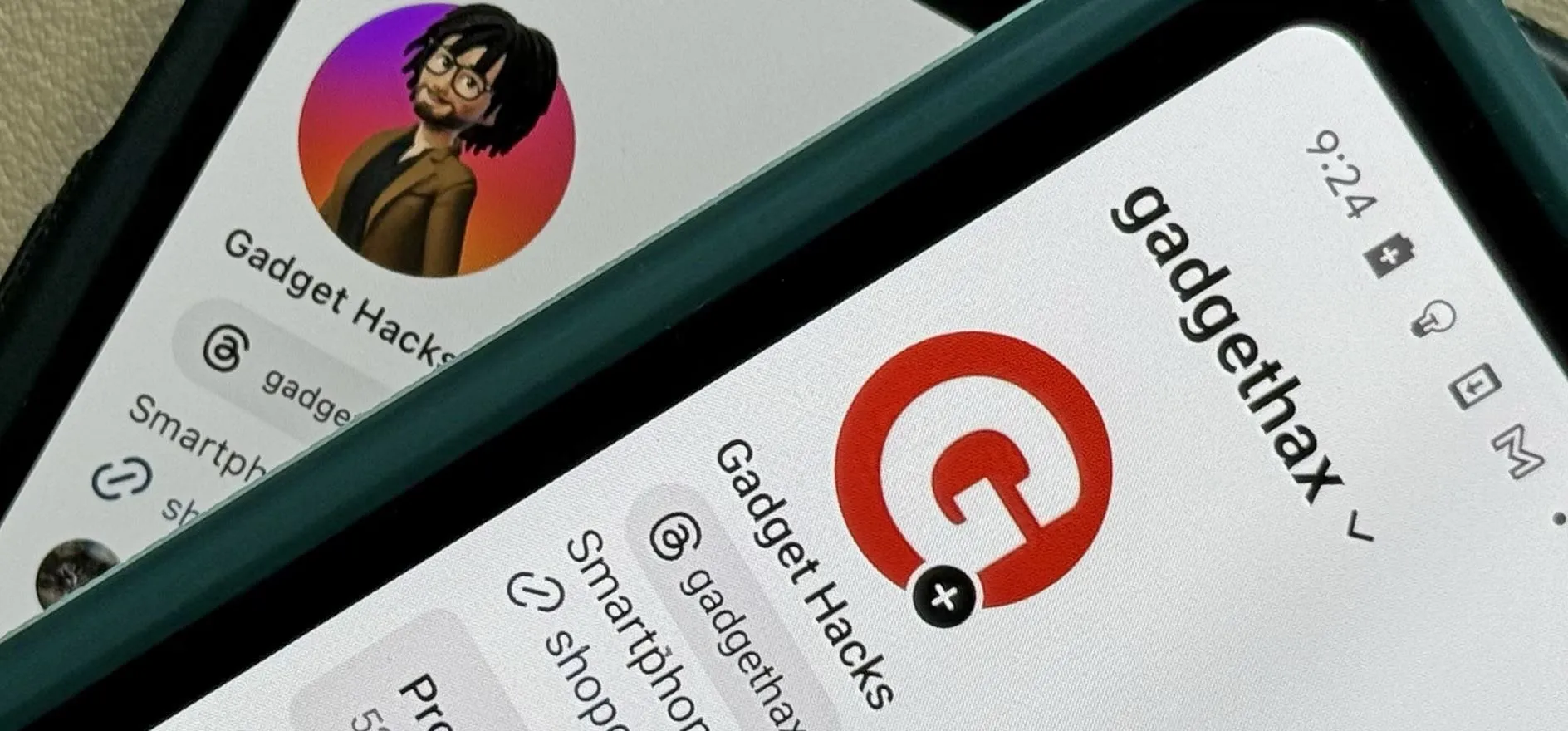
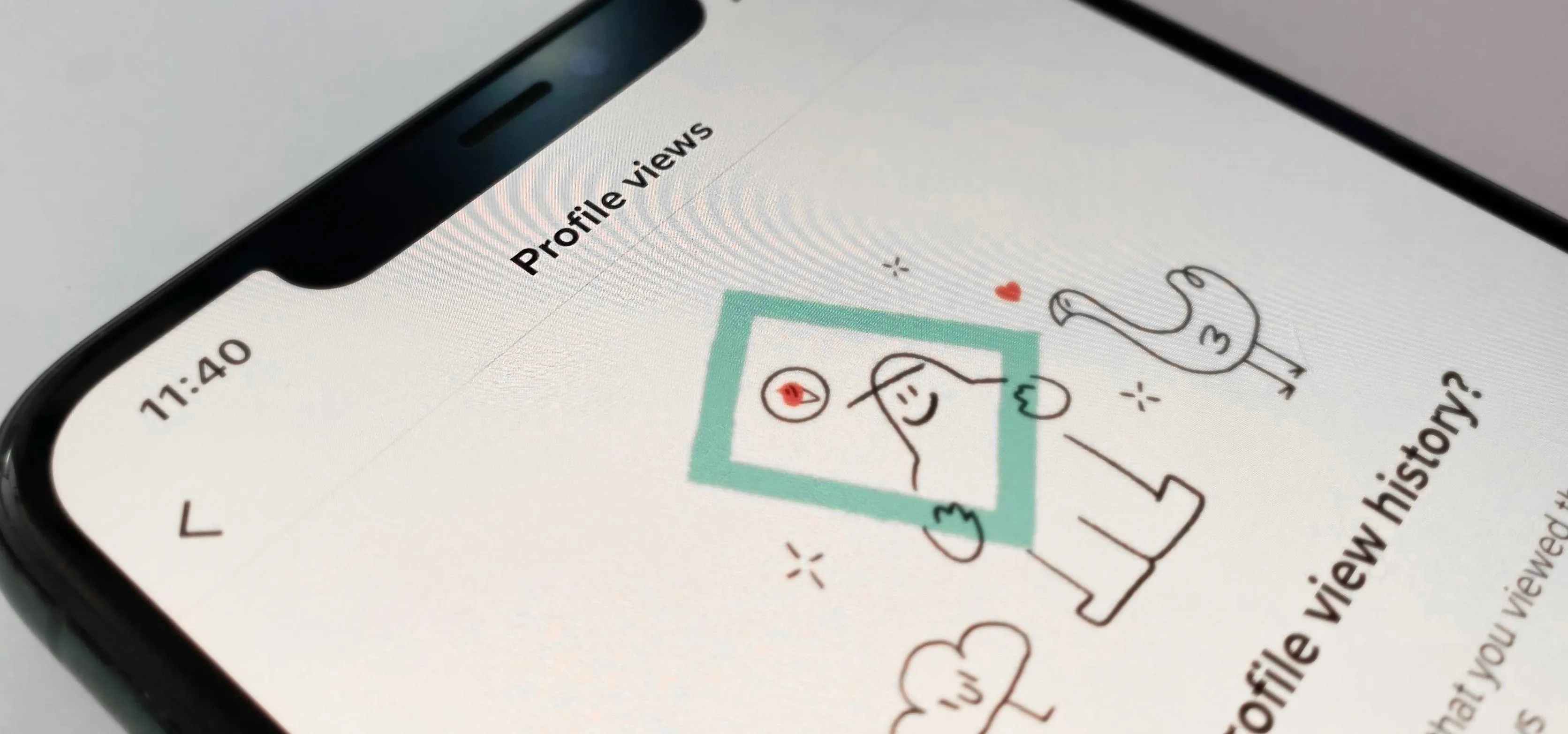

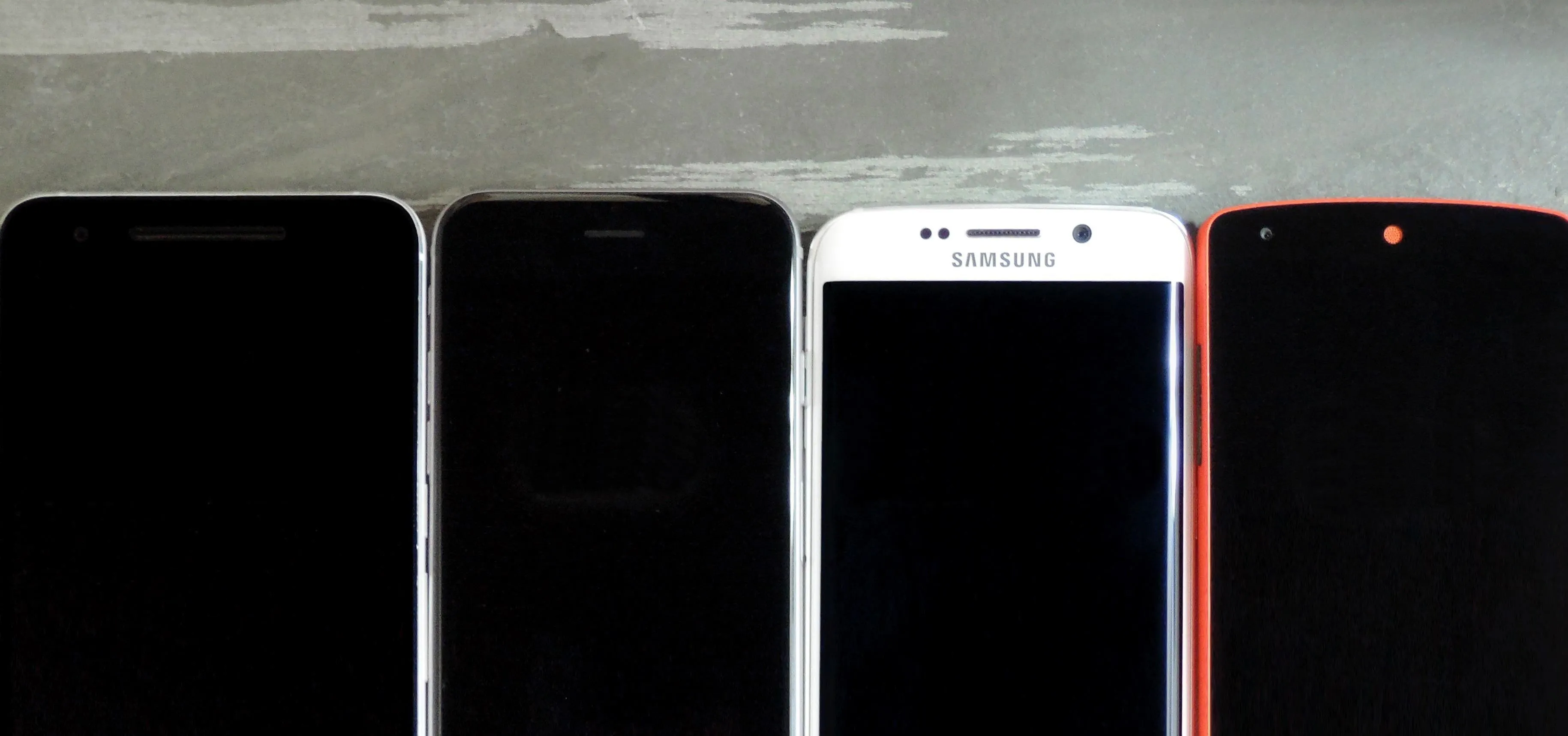

Comments
Be the first, drop a comment!